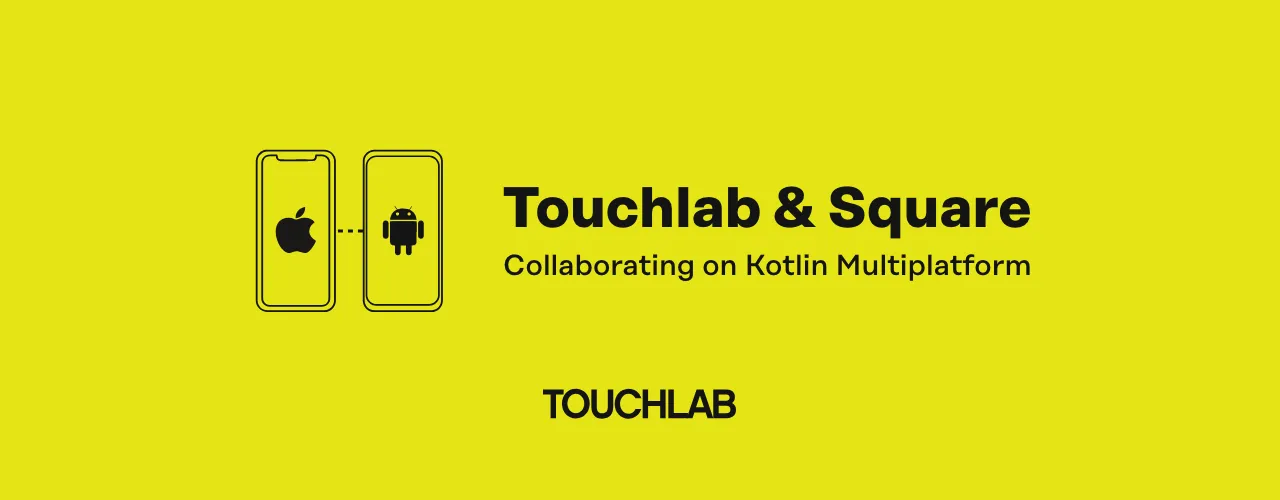· 3 min read Posted by Kevin Galligan
Touchlab & Square Collaborating on Kotlin Multiplatform

My professional career started in college with Java 1.0. I started working during the bright Write-Once-Run-Anywhere heyday. We were finally going to get one platform!
Well, we know how that went. Java failed as a consumer UI platform. However, as a vehicle of portable logic, Java has been one of the biggest success stories in computers.
Thus one of my favorite quotes:
Shared UI is a history of pain and failure. Shared logic is the history of computers.
-Kevin Galligan (me)
I have been fixated on this for the last few years, because the need is obvious, as seems the opportunity. Native mobile, Android and iOS, are almost identical under the UI. They are architecturally homogenous. The web, although somewhat different, still needs mobile-friendly logic, and as WebAssembly matures, will look increasingly like native mobile at an architectural level.
Kotlin Multiplatform is a great entry into the pool of options for shared logic. It natively interops with the host platform, allowing optional code sharing. The tools are being built by JetBrains, so as the ecosystem matures, we can expect a great developer experience. Kotlin is also very popular with developers, so over the long term, Kotlin Multiplatform adoption is pretty much assured.
I believe in its future enough to move my role at Touchlab to be almost entirely Kotlin Multiplatform R&D. That means I code and speak about open source and Kotlin Multiplatform. As a business, we’ve pivoted Touchlab to be the Kotlin MP shop. We are of course still native mobile product experts, but we are also looking forward to helping clients leverage a shared, mobile-oriented architecture as the future of product development.
Square’s Jesse Wilson recently announced his team’s commitment to Kotlin Multiplatform.
We are super excited to get to work with them on improving the developer experience and catalyzing the KMP ecosystem. It would not be an exaggeration to say that this team, and Square more broadly, is responsible for much of what the Android community considers best practice, if not the actual libraries themselves.
To be successful for native mobile, Kotlin Native needs to be something that Swift developers feel is productive and at least somewhat native to their modern language and environment. I think also selling iOS developers on Kotlin as a language and platform is important. This will largely be our focus for the near future.
Will it work out? We’ll see. In as much as it’s possible to make Kotlin native to iOS, I think we have one of the best possible teams to help us find out. I am very much looking forward to the challenge.
Learning More about Kotlin Multiplatform
If you want to learn more about Kotlin Multiplatform here are a couple resources:
- Webinar for evaluating multiplatform development frameworks
- Sign up for our Kotlin Multiplatform newsletter
- Register for a future webinar on Kotlin Multiplatform for iOS Developers